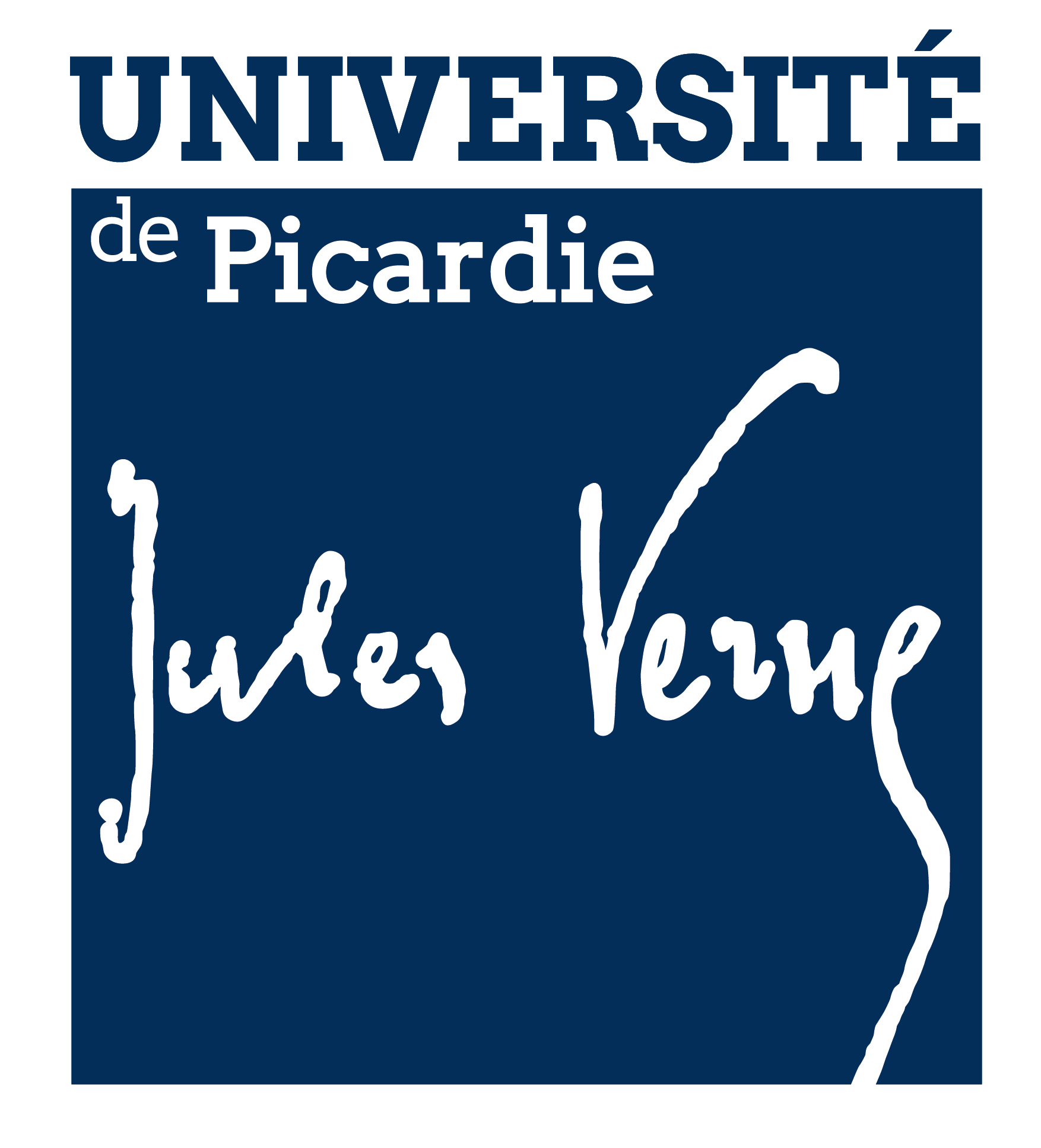-
Societal and economic transition & Risk management
Amiens Centre for Private Law and Criminal Sciences (CEPRISCA)
Research unit - UR 3911
CEPRISCA is a multidisciplinary laboratory of private law and legal history, whose main topics are civil law, commercial law, health law, criminal law, procedural law, labour law, legal theory and legal history.
The laboratory’s activities are in line with its desire to carry out research on themes rooted in the territory and to ensure the dissemination and promotion of these themes. CEPRISCA’s publications also enable us to publish individual and collective research work.
-
Cédric Glineur
Director -
Sabine Leriche
Secretary
Pôle universitaire Cathédrale - 10, placette Lafleur
80027 AMIENS Cedex 1

Effectif
Effectif total : 55
Personnel de recherche : 37
Personnel d'appui à la recherche : 1
Skills
The work of the laboratory’s lecturer-researchers is structured along four lines of research:
• "Digital law" axis [Head of research: Delphine Cocteau-Senn]
Exploring the virtual world with regard to the traditional rules and principles of law, private or public, and defining new principles, more specific and therefore more adapted to the digital world.
• "Business and law" theme [Head of the theme: Bertille Ghandour]
Study of the central role of the company and thefunctions of the rules relating to the advent of the company, its creation, its powers, its responsibilities, etc.
• "Health law" theme [Leader of the theme: Georges Fauré]
Study of the common points of the general legal consequences of the state of vulnerability found both in newborn babies and in elderly people at the end of life.
• "History and technique(s) of the norm" axis [Leaders of the axis: Sophie Sédillot et Émeric Nicolas]
Understanding the law in its historical, technical and theoretical dimension through the norm, according to two unifying themes: "Transition" and "Theory(ies) of the norm".
Example(s) of projects
Within the framework of the technical theme of the standard, an interdisciplinary research project is led by Émeric Nicolas, in partnership with the CERCLL (UPJV). This series "... face à la norme" [… compared with the norms] was launched to study the authors classified in French theory and identify the complex relationships they have with the norms.
The authors of the series, studied and to come:
• Barthes face à la norme (October 2016, éditions Mare et Martin, coll. Libre droit, 2019) ;
• Foucault face à la norme (November 2018) ;
• Deleuze face à la norme (March 2020) ;
• Derrida face à la norme ;
• Levinas face à la norme...
2. Event : Les plateformes d’intermédiation numérique. De nouveaux acteurs, de nouveaux rôles, [Digital intermediation platforms. New actors, new roles], 15 November 2019, organised by Delphine Cocteau-Senn.
3. Event: La prise en charge des personnes âgées dépendantes en établissement : regards croisés sur la crise du modèle français, [Caring for dependent elderly people in institutions: a cross-examination of the crisis of the French model], organised by Georges Fauré and Sophie Sédillot.
4. Event : Regards croisés sur la justice fiscale (Xe-XXIe siècles) : Égalité ou statuts particuliers ?, [Perspectives on tax justice (10th-21st centuries): Equality or special status ?], organised by CURAPP-ESS (Emmanuel de Crouy-Chanel, Céline Husson-Rochcongar, UPJV) and CEPRISCA (Cédric Glineur).
Example(s) of publications
2. Numérique et grandes notions du droit privé, [Digital Technology and major notions of private law], Emmanuel Netter, Essays collection, 2019
3. La motivation de la peine, [The motivation of the sentence], Élise Letouzey (dir.), Colloques series, 2019
4. L’État en scènes, Cédric Glineur and Robert Carvais (dir.), Colloques series, "Histoire et théorie de la norme" series [History and theory of norms], 2019
All publications can be found here : http://www.ceprisca.fr/la-collection-du-ceprisca-en-libre-accesa/
Collaborations/Partners/Scientific clients
Services provided
Training offers
Consulting services
Affiliated institutions / organisations
Regional strategic areas of activity
- Societal and economic transition & Risk management
- Digital transformation, organizational agility, digital social inclusion
- Public and European policies
- Societal issues, employment, inclusion, social innovation
- Territories, heritage and culture
